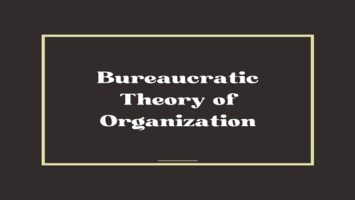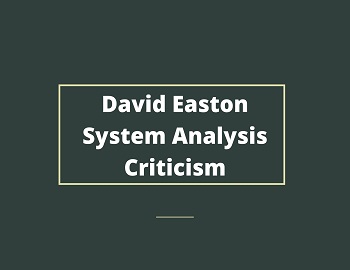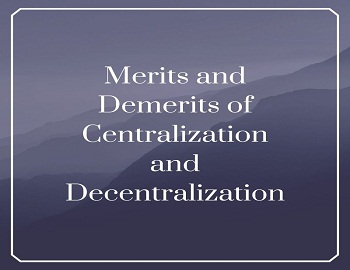Evaluation of the Decision-Making Approach:
We have seen that decision-making approach believes that to understand the interaction of foreign policies, the only useful approach is to study it in the context of foreign policy decisions. The decision-making approach, however, suffers from a variety of defects.
First, this approach is based on the principle of indetermination and fails to suggest which one of the numerous elements that go into the many sides of the box is really relevant.
Secondly, this approach proceeds with a value-free concept, in as much as it only tries to analyse the various decisions taken in the realm of foreign affairs without bothering as to which decisions are right and which are wrong.
Thirdly, another defect in this approach is that the decision-making approach is incomplete as it leaves out of international relations everything that is not the mere addition of separate decisions made by various units. There are many patterns of power politics and rules of international behaviour such as the balance of power, international law etc. But the decision-making approach does not touch these aspects.
Fourthly, whatever the circumstances, the focus of decision-making is often obscure; the man in authority may delegate most of his foreign policy powers to a subordinate or, especially in a weak government, a subordinate may actively take the initiative, a line of action that may be legitimized by the legal authority.
Fifthly, causes may sometimes dominate, and man may be forced to make a certain decision because otherwise, he would face personal risks he dare not take. For instance, President Mckinley proposed a declaration of war on Spain in 1898, because, despite his own desire for peace, he could no longer resist the pressure of the Congress, which in its turn was being pressed by the Hearst and Pultizer newspapers.
To conclude our discussion of the decision-making approach, we may say that the focus of the decision-making approach for foreign policy analysis may be right, but for the rest of international politics, it is too weak. Generalizations based on comparative studies of decision-making will be misleading if the international context is not studied more adequately. All this does not mean that decision-making is not a useful tool of analysis. In fact, as Stanley Hoffman remarks, “Mr Snyder’s scheme is most impressive. But it is impressive as a detailed approach to the study of decision-making, not to the whole international relations”.
James N. Rosenau says, “The decision-making approach, in other words, had been absorbed into the practice of foreign policy analysis. The habits it challenged have been largely abandoned and the new ones it proposed have become so fully incorporated into the working assumptions of practitioners that they no longer need to be explicated or the original formulation from which they come cited”.









Comments (No)